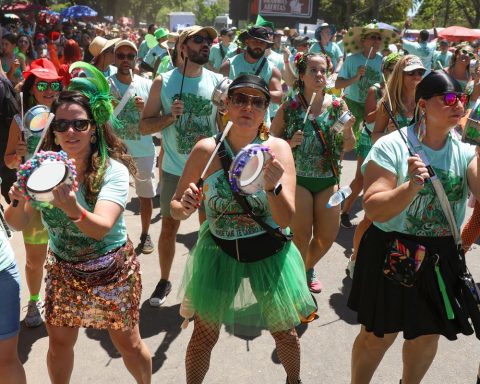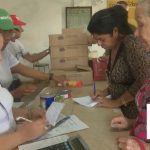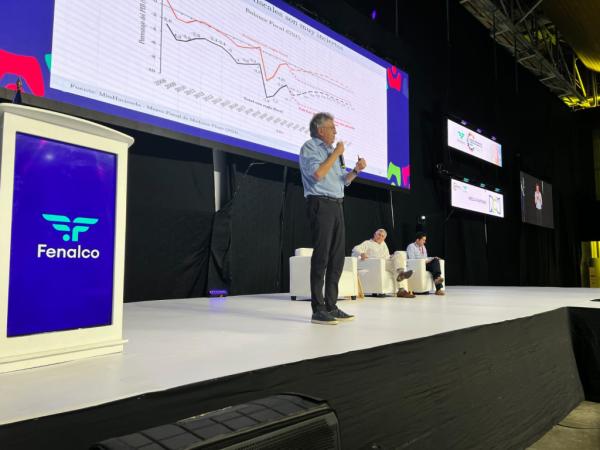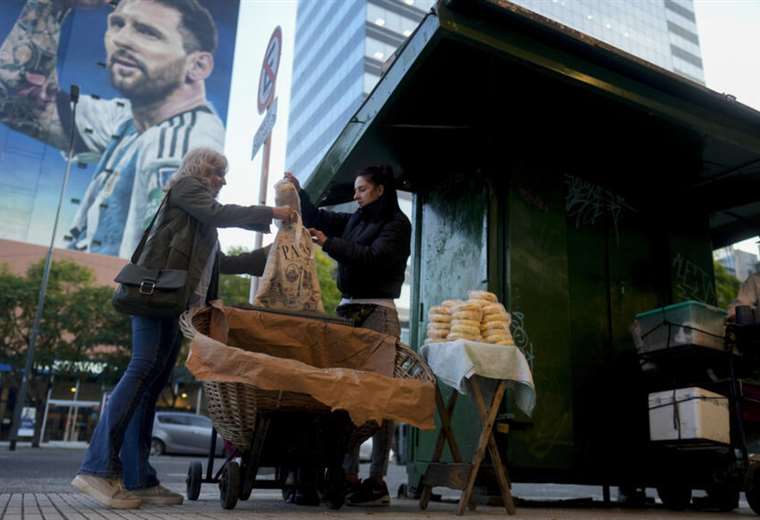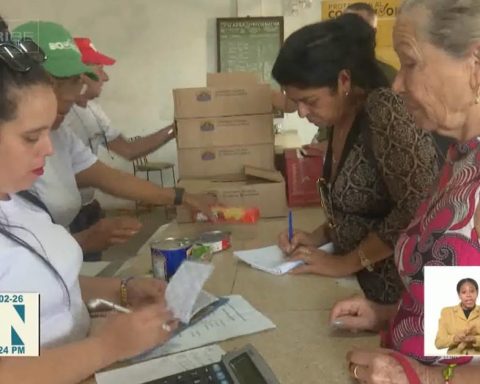On August 4, the Law No. 14,192/2021which changed the Electoral Code and made gender-based political violence a crime, completed three years. The law establishes legal rules to prevent, repress and combat political violence against women in spaces and activities related to the exercise of their political rights. The rule also ensures the participation of women in electoral debates and criminalizes the dissemination of facts or videos with untrue content during the electoral campaign.
According to the rule, women’s rights to political participation will be guaranteed, discrimination and unequal treatment based on sex or race will be prohibited in access to political representation bodies and in the exercise of public functions. “Political violence against women is considered any action, conduct or omission with the purpose of preventing, obstructing or restricting their political rights”, says the law.
According to the Federal Public Ministry (MPF), from the end of 2021 to date, there have been 215 cases of alleged practice of gender-based political violence monitored by the Working Group (GT) to Prevent and Combat Gender-Based Violence. Among the types of complaints, offenses, transphobia, aggression, racism, psychological, sexual and moral violence, among others, stand out.
At the MPF, the working group was formally established by PGE Ordinance nº 7, of June 17, 2021. The GT page brings together all the representations sent by the group to electoral attorneys, so that they can be analyzed and the appropriate measures taken.
Attorney Raquel Branquinho, coordinator of the GT, says that Law No. 14,192 is a milestone because moral, symbolic, economic, verbal, physical and sexual violence did not yet have a definition. “This greatly hindered defense, prevention, and confrontation of these acts that, ultimately, keep women away from occupying spaces of power, especially in political life.”
“This law defines gender-based political violence as any type of act that, due to discrimination in relation to gender, removes or hinders the role and development of political, electoral and party activities of women in spaces of power. Political violence against women is any action or omission that aims to prevent or restrict women’s political rights in spaces of power. The law transcends just one electoral aspect. It is broader and will try to combat violence against women. It is an instrument that legal practitioners can use as a reference when there is discrimination or violation of women’s rights”, says the prosecutor.
Node website from the GT, there are guidelines on how various bodies can receive complaints and representations of gender-based political violence. “There, we have a step-by-step guide to forward to the Electoral Public Ministry through the regional electoral prosecutors. On the citizen’s room page, of the Federal Public Ministry, we have already received all types of representation and forwarded it to those who are responsible for this. In addition to the pages of the regional electoral courts, in the regional prosecutor’s offices, any citizen and victim must be aware that the crime of political violence is a specific criminal type, which is article 326 B of the Electoral Code. It is a federal crime, so you can contact the Federal Police or the Public Ministry. Whoever represents will receive a number for follow-up, where the representation was sent, what measures are being adopted.”
Any type of violence, especially against female candidates or those holding elected office, constitutes a crime of political gender violence, punishable by one to four years in prison.
“When we receive a representation, we forward it to whoever will be responsible for investigating that case, the Electoral Public Ministry with the police. An investigation is opened there or, depending on the situation, you can even present it to the Judiciary directly, if you already have the evidence. Based on this representation and investigation, a complaint is made. The judges will analyze, provide an opportunity for the aggressor to defend himself and the process will proceed, it is a criminal process, as has already occurred in several situations, including convictions. We, at the GT, have also greatly encouraged the carrying out of tests in a faster way, because many of the attacks are carried out through social media or electronic means that require faster and more efficient expert procedures in order to characterize who is carrying out this type of attack. violence”, says Raquel.
According to the prosecutor, the attack on MST deputy Marina, on August 12 last year, by Bolsonarists in Nova Friburgo, in the mountainous region of Rio, constitutes gender-based political violence. Marina was in the city for two plenary sessions to account for her mandate, one in the center and the other in the Lumiar neighborhood. She held a plenary session in the city center, but when she arrived in the Lumiar neighborhood, the deputy and her team were physically attacked, with stones, eggs and bottles.
“Offending, attacking, discriminating is undoubtedly political gender violence. These attacks are often carried out in media spaces or public spaces, with great repercussions on society. This encourages other people to create a network of violence against these women who are exposed. This is very serious and leads to the need for them to have restrictions on their own freedom to exercise political activity, as they cannot move from one place to another in their work spaces safely and calmly, due to the stimuli of these types of attacks. and hate speech”, says the prosecutor.
“I consider that I suffered political gender violence because I have been fighting politically my whole life and I have always done things very similar to what we went to do there, a plenary session of the mandate. I have always gone to many communities to talk to the people and nothing like this had ever happened to me. I reported it to the Racial Crimes and Intolerance Police Station and the Public Prosecutor’s Office. Eight were denounced and three were sentenced to pay for basic food baskets”, says deputy Marina.
Women make up 53% of the electorate, but they occupy 15% of seats in the Chamber of Deputies, 12% in the Senate, 17% in municipal chambers and 12% in city halls.





